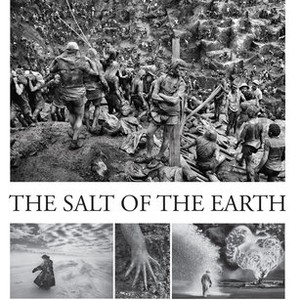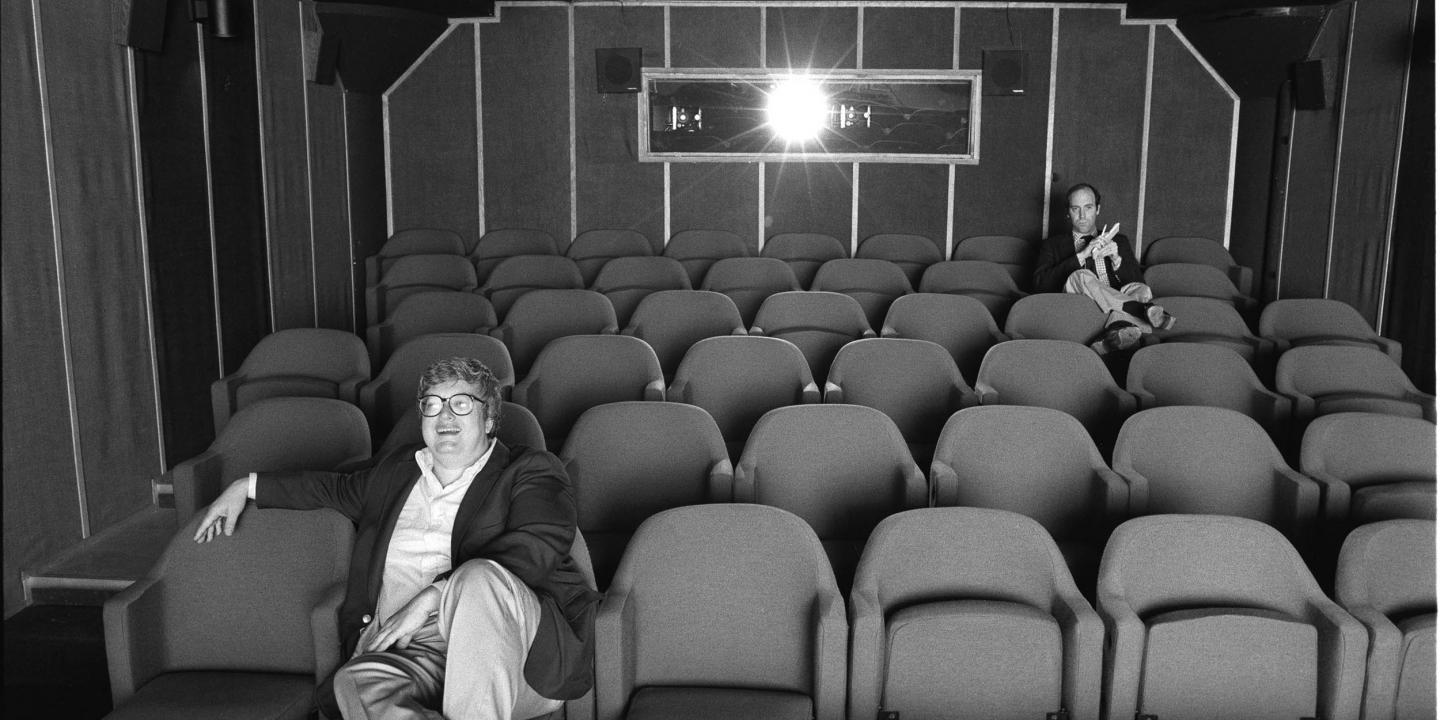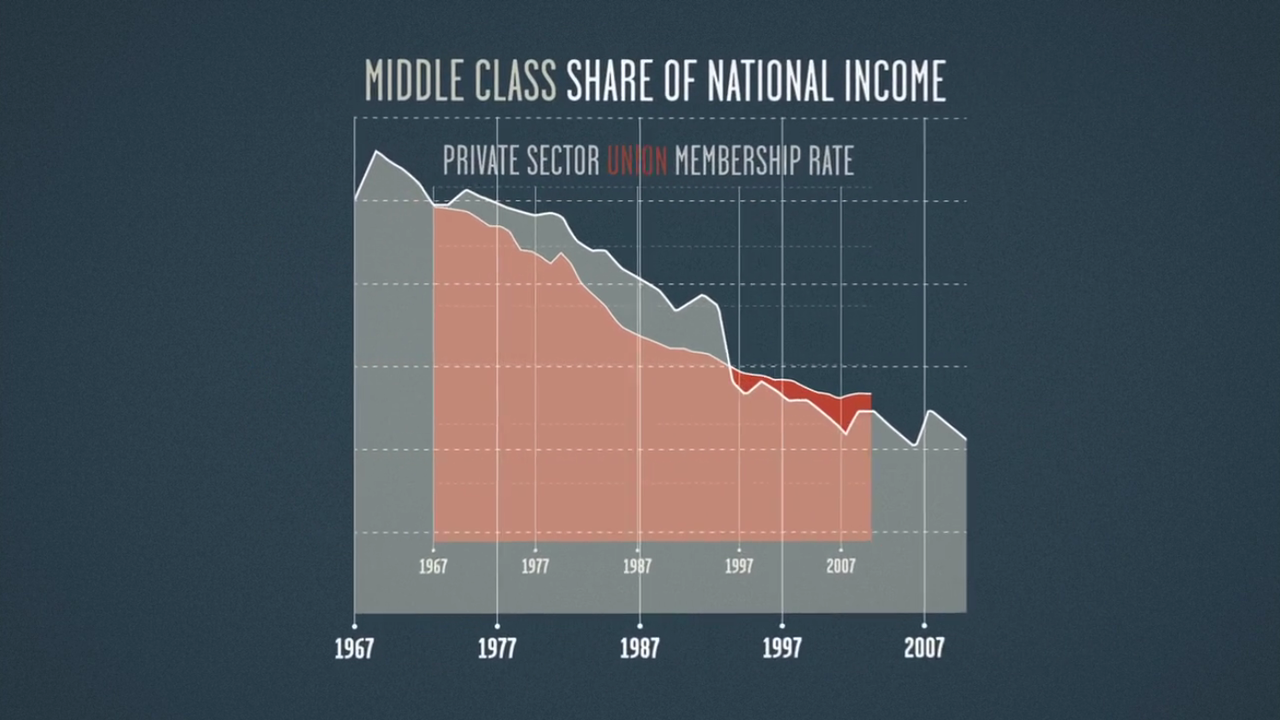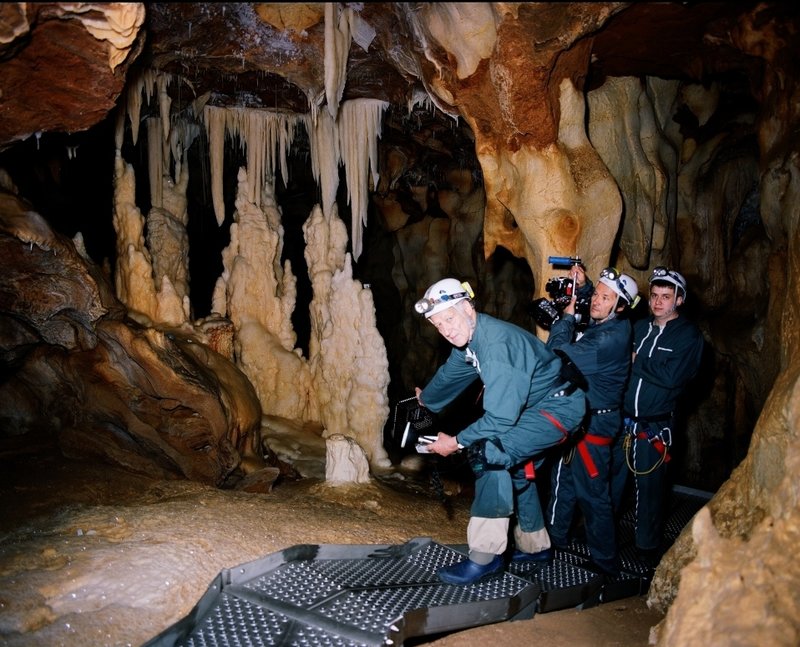Salt of the Earth
Directors: Wim Wenders, Juliano Ribeiro Salgado, Watched in: Theaters, Rating: 3/5. The casualties of war, oppression, poverty and religious zealotry confront all of us in the photographs of Sebastião Salgado, whose remarkable career is the subject of the documentary The Salt of the Earth. Salgado has witnessed the horrific aftermaths of genocide, the terrible cruelty of famine, the awful exploitation of workers, and he has captured these distinctly human evils with a deep-focused, exquisite eye. His pictures are magnificent and monumental, and usually expensively printed in coffee table books or displayed in art museums. One can find compressed versions on the Internet, but to see them displayed on the big screen of a movie theater is a rare treat. Salgado’s transformation from a young man studying economics to a world-class photographer is a compelling early part of this film. He was drawn to remote pockets of the earth, not only by the indigenous people who lived there but also by their often miserable conditions and the choices they had to make to survive. Perhaps his most famous series was shot in a Brazilian gold mine, where men carried endless sacks of dirt up rickety ladders for hours on end. Salgado reveals that these men were not slaves, but freelancers; intellectuals and students scattered among the laborers, all hoping to strike it rich. But rather than letting capitalism off the hook, his photos of these mudcaked men, shot in luminous black-and-white and framed against a hellish landscape, tell us of the dangerous lengths humans will go [...]






